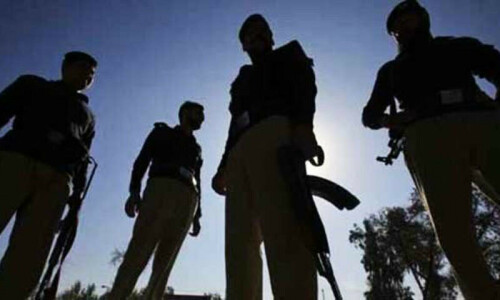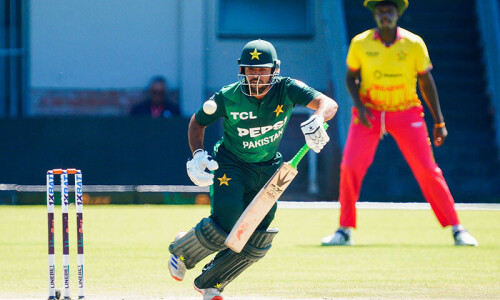The overhead and underpass railway bridges that dot the landscape of the garrison city were built up to 135 years ago to connect residents in various parts of Rawalpindi. From Sihala to the Rawalpindi Railway Station and the Margalla Railway Station toward Peshawar, over 12 bridges connected various parts of Rawalpindi and Islamabad to each other.
The British forces occupied Rawalpindi in 1849, and made the city their permanent cantonment in 1851. The northern command headquarters established by the British for Afghanistan and Kashmir now serve as the Pakistan Army’s general headquarters.

Railway tracks were laid down in Rawalpindi by the British in 1881, which were connected to the main line from Delhi to Peshawar. The tracks became the border line of the city and the cantonment areas.
According to official figures, there are 13,850 railway bridges across the country – 52 major bridges and 13,316 minor ones. All of which were constructed by the British after 1861.

While these bridges have stood for over 100 years, they are now in need of repairs. Though international standards say that the average life of a bridge is not over 100 years, Pakistan Railways (PR) has not started any work to replace the older bridges.
In 2012, two railway bridges – at Marrir Chowk and Dhoke Chiraghdin – were reconstructed by the Punjab government. The provincial government was willing to make the necessary expenditure because of a project launched in cooperation with Pakistan Railways to expand roads beneath the railway tracks.

However, bridges connecting Transit Camp to Ratta Amral, Saddar to Raja Bazaar, Airport Road to Chaklala Scheme-II and Bakery Chowk to Gunjmandi are not in good condition.
These centuries-old bridges present the life and culture of the city. To this day, many residents find it fascinating to watch trains from the overhead bridges.

When contacted, PR Divisional Superintendent Abdul Malick told Dawn that the PR would soon begin repair works to improve the condition of railway bridges across the country.
“At the divisional level, funding is limited to painting and repairing minor faults. Beautification work has been carried out every year.”

He added that in the city overhead bridges and underpasses were in good condition.
He said a survey of bridges carried out by the headquarters every year had not found any major faults, and the bridges were deemed safe for travel. Mr Malick added that things would be improved soon.
Published in Dawn, July 17th, 2016














































Dear visitor, the comments section is undergoing an overhaul and will return soon.